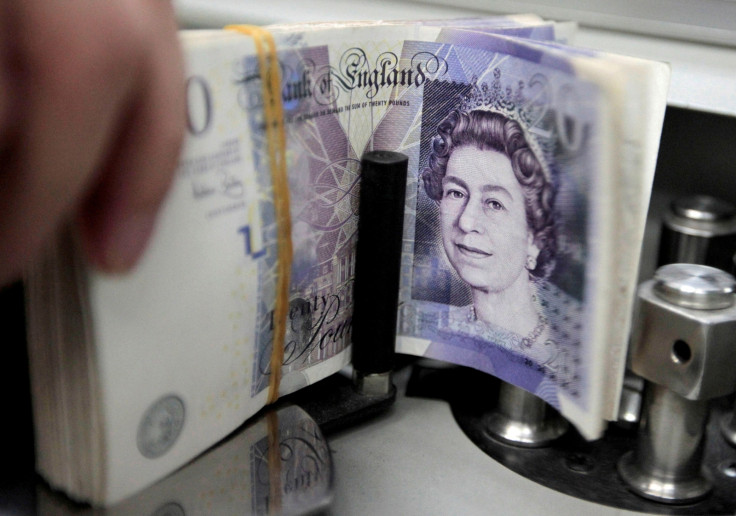Pound stems 'Super Thursday' losses after upbeat economic data
Sterling climbs against euro and dollar as it pares losses incurred in the aftermath of UK interest rate hike.

The pound was poised to end of the week on a high, after positive economic data saw it climb against its major rivals.
Shortly after 4pm GMT, the sterling was up 0.50% and 0.10% against the euro and the dollar, trading at €1.1254 and $1.307 respectively.
The gains came after the IHS Markit/CIPS services Purchasing Managers' Index (PMI) climbed to 55.6 in October from 53.6 in the previous month, recording its biggest monthly rise since August last year.
The figure was also the highest reading on record since April and showed the services sector, which accounts for 80% of Britain's economy, had remained resilient despite the Brexit-related uncertainty.
Coupled with better-than-expected reports on the manufacturing and construction sectors released earlier this week, the data suggest the UK economy is growing at a quarterly rate of 0.5%, a slight improvement from the 0.4% recorded in the three months to September.
While the gains were somewhat marginals, sterling managed to at least partially stem the losses it incurred in the previous session, when it took an intraday hammering after Bank of England raised the UK's benchmark interest rate to 0.50% at the conclusion of its latest Monetary Policy Committee meeting.
The benchmark rate had been stable at 0.5% from March 2009 to August 2016, when the MPC decided to reduce it by 25 basis points that month, in the wake of dire survey data following the Brexit vote.
However, Lukman Otunuga, research analyst at FXTM, warned the pound could face more headwinds.
"Sterling was pummeled, pounded and thrashed by sellers on Thursday, after the Bank of England moved forward with a 'dovish rate hike'," he explained.
"This was the first time in over a decade that UK interest rates were increased, and the heavy tone of caution radiating from the meeting raised concerns over the future path of rates in 2018.
"With Brexit uncertainty and concerns over slowing economic growth weighing heavily on the currency, further downside is on the cards."

Across the Atlantic, meanwhile, the dollar recovered ground, despite a disappointing labour market report.
Official data showed the US economy added 261,000 jobs last month, way below the 325,000 figure analysts had expected, while the unemployment rate fell from 4.2% to 4.1%.
The dollar fell immediately after the release, as investors were left unimpressed by the latest non-farm payrolls figures, but subsequently appear to ride out the turbulence and gained against most of its main rivals.
The greenback was up 0.23% and 0.41% against the yen and the euro, fetching ¥114.27 and 0.8611 cents respectively.
"Next week, the economic calendar is a lot lighter, so the dollar may remain in ranges," said Fawad Razaqzada, market analyst at Forex.com.






















